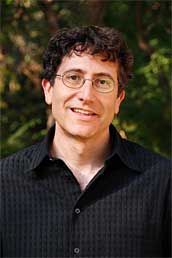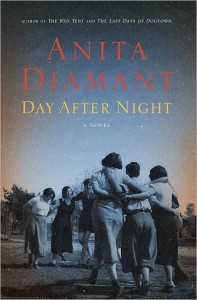
The Jerusalem Post, December 18, 2009
Ordering coffee in Hebrew and taking in the view of the Old City from the Mishkenot’s restaurant, Jonathan Rosen appears comfortable in Israel.
But his easy posture doesn’t reflect his emotions—Rosen, who is happy to call himself a Zionist, doesn’t feel entirely at ease.
“I feel cut off by the language,” the American Jewish writer and editorial director of Nextbook confesses, almost wistfully. Despite Hebrew school, two years of Hebrew as an undergraduate at Yale, and additional study while a grad student at Berkley, his Hebrew, in his own words, “stinks.”
In Israel to participate in Kisufim, the Jerusalem Conference of Jewish Writers, which was held from December 7 to 10 at Beit Avi Chai and Mishkenot Sha’ananim, Rosen strikes as the embodiment of this year’s theme—exile, language, and the Jewish writer.
Despite his physical distance from Israel—Rosen lives in New York City with his wife, a conservative rabbi, and their two daughters, aged 10 and 6—he feels a deep connection with the country. “Israel is central to the survival of Judaism,” he says. And because his paternal grandfather died in Buchenwald and his paternal grandmother was shot to death by the Nazis, Rosen was “aware of the precariousness of Jewish existence from an early age.”
 Review of Anita Diamant’s Day After Night
Review of Anita Diamant’s Day After Night